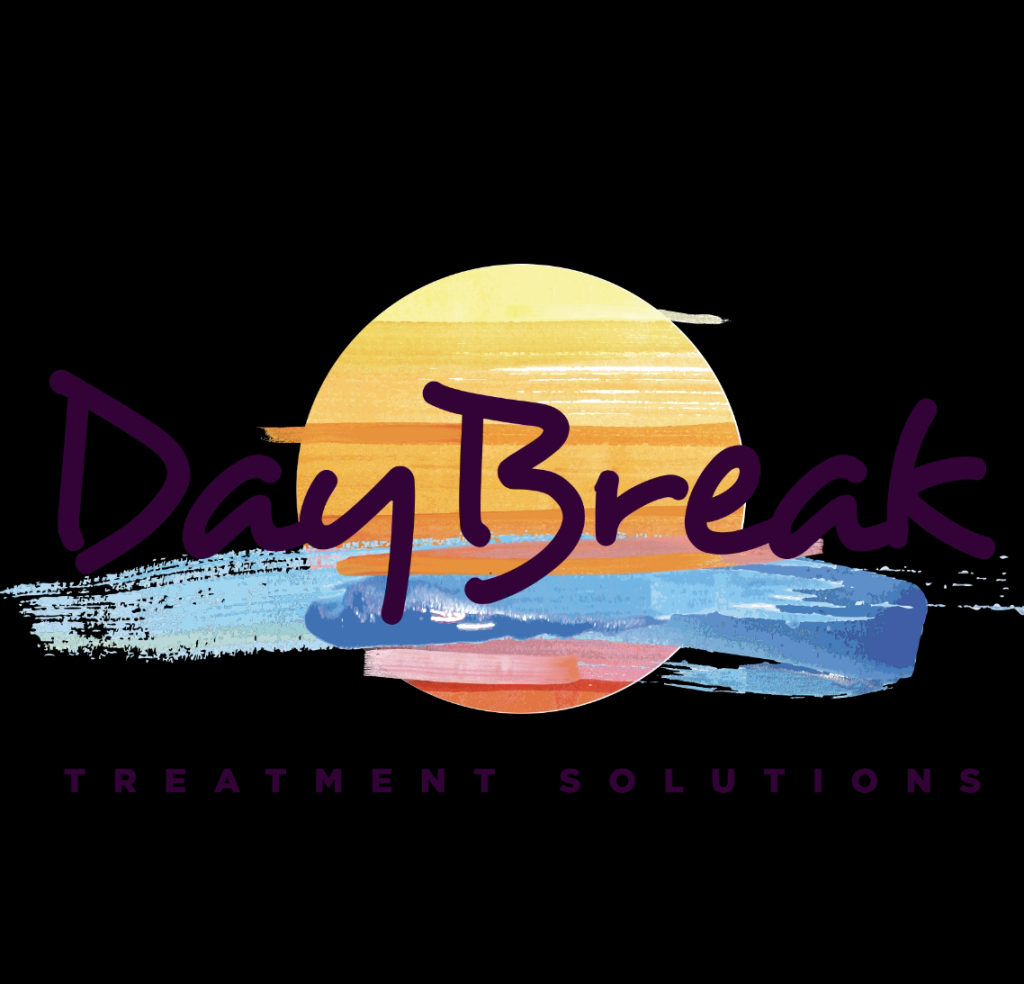5 Common Mindfulness Exercises for Sobriety

When it comes to addiction treatment, the process doesn’t stop when you leave the rehab or treatment facility. Addiction is a lifelong disease that you need to be conscious of every day. To help with this, clients are often taught a number of relapse prevention methods to help keep them in control of their mind and urges.
For some, these come in the form of meditation or mindfulness exercises. More and more treatment and rehab programs across the nation, like this Daybreak Treatment Solutions, are teaching mindfulness curriculum to help with continued sobriety and help fight addiction long-term. Let’s take a look at 5 of the most common mindfulness exercises that can help with sobriety.
- Focusing on the Breath: One of the most common mindfulness exercises is focusing on the breath. This can be done by sitting in a comfortable position and closing the eyes. Once you are settled, begin to focus on your breath coming in and out of your nose. If your mind begins to wander, gently bring it back to focus on your breath. This exercise can be done for as long as you like. Some of the most common breathing exercises include pursed lips breathing, belly breathing, and 4-7-8 breathing.
- Body Scan: Another mindfulness exercise that is often used in addiction treatment is the body scan. This involves lying down in a comfortable position and focusing on different parts of the body, starting with the toes and working up to the head. As you focus on each part of the body, notice any sensations you are feeling. This exercise can help to increase awareness of the body and can be helpful in managing pain.
- Mindful Walking: This is another mindfulness exercise that can be beneficial for sobriety. This involves paying attention to the experience of walking, including the sensations of the feet on the ground and the movement of the legs. This exercise can help to increase awareness of the body and can also be helpful in managing anxiety and stress.
- Yoga and Tai Chi: These are two additional mindfulness exercises that can be beneficial for sobriety. These practices involve moving the body slowly and paying attention to the sensations of the body. These exercises can help to increase awareness of the body and can also be helpful in managing pain, anxiety, and stress.
- Guided Imagery: Guided imagery is another mindfulness exercise that can be beneficial for sobriety. This involves focusing on a positive image, such as a peaceful scene or a loved one, and allowing the mind to relax into the image. This exercise can help to increase positive thoughts and can also be helpful in managing anxiety and stress, which, in turn will help with controlling urges and cravings to use substance abuse.
These are just a few of the common mindfulness and meditative exercises that you can do to help you stay sober. But there are other things that will help with your long-term sobriety.
Other Activities to Help with Long-Term Sobriety
Long-term sobriety is a hard thing to achieve and there can be slip-ups at any time. However, there are some things you can do to put yourself in the best position possible for success. Let’s take a look at a few:
Support Meetings: Attending regular support meetings is a great way to stay accountable and to be around others who are in similar situations as you. These meetings can provide invaluable support and allow you to share your experiences with others.
Find a Sponsor: A sponsor is someone who has been through the program themselves and can help guide you through the recovery process. They can provide support and advice when needed and help you stay on track.
Make a Commitment: One of the best things you can do for your sobriety is to make a commitment to yourself. This means committing to abstain from alcohol or other drugs, attending regular meetings, and staying involved in your recovery.
Get Involved in Your Community: Getting involved in your community can help you feel connected and supported. There are often sober events and activities happening in most communities. Getting involved can help you meet new friends and stay connected to your sober support system.
Again, these are just a few examples. Regardless of how you choose to do it, maintaining sobriety will be something you have to consciously think about and act on a daily basis.
Author’s bio:
Josh Hughes has been working in the addiction industry for nearly half a decade and currently works for Daybreak Treatment Solutions, an evidence-based treatment center in Bucks County PA.”
Hope is on the Horizon
We pride ourselves in providing an authentic path to addiction treatment and recovery. Come experience the difference at DayBreak.
Call Now
